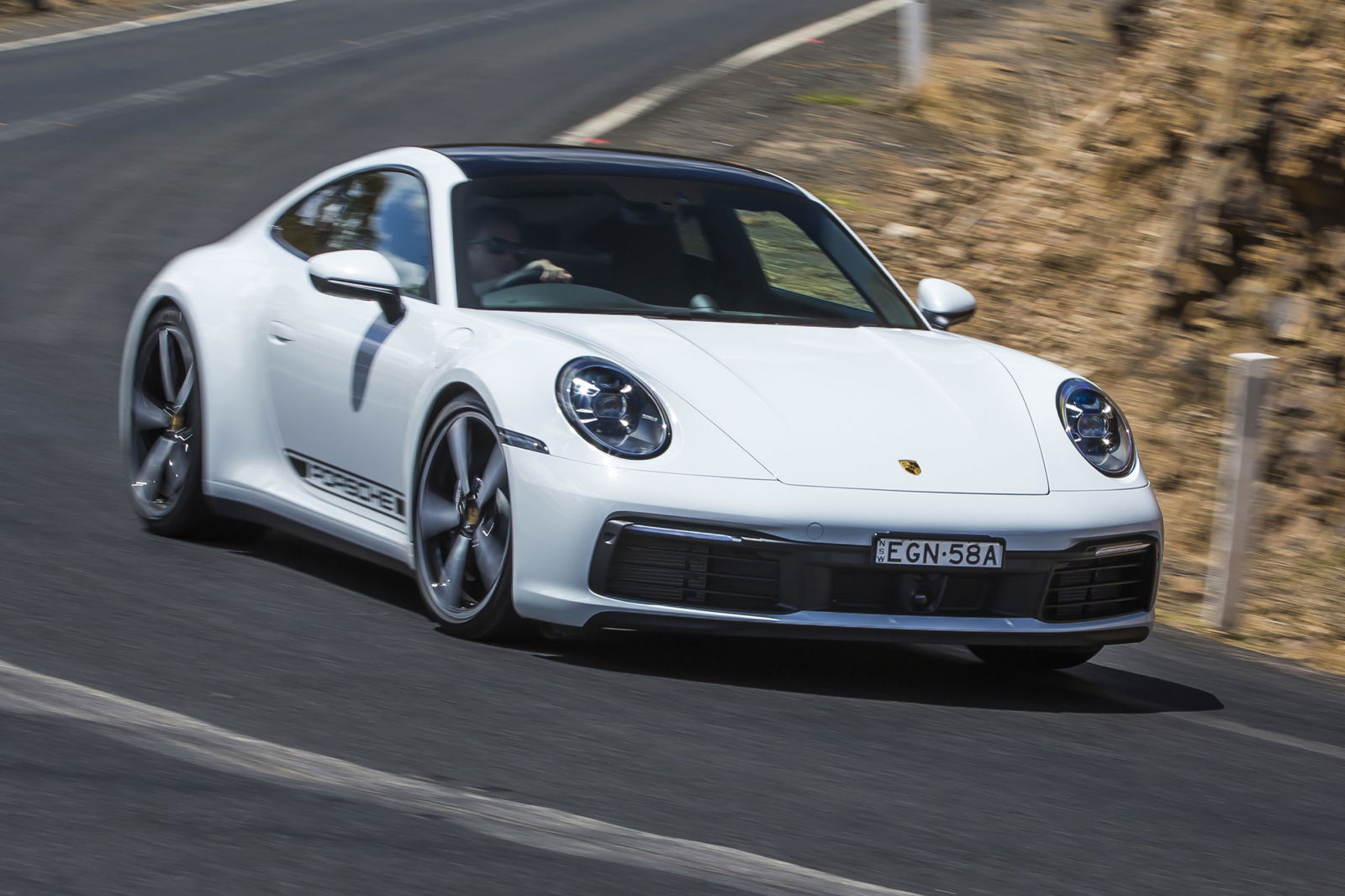
Can synthetic fuels save the internal combustion engine? Porsche believes so and has announced a partnership with Siemens Energy for a new long-term project to explore its possibilities.
While still in their infancy, synthetic fuels (or eFuels) offer the possibility of powering petrol and diesel engines with liquid fuel that is carbon neutral. For more information, check out the video below, which explains the process of combining hydrogen and captured carbon to create eFuel.
Porsche, and parent company Volkswagen, are big believers in the potential of eFuels, and have indicated recently that the use of synthetic fuels could be a way for the German performance brand to make its long-awaited return to Formula 1; effectively replacing its Formula E involvement.
Which is why Porsche has partnered with Siemens Energy on a new eFuels facility in Chile, that has the goal of producing 550 million litres of synthetic fuel by 2026. Notably, is when F1 is due to introduce new engine regulations, and there have been suggestions the sport is considering eFuel.

The new facility in Chile, known as the Haru Oni project, will be located in southern Chile where there are good conditions for a wind farm to help produce the hydrogen. Porsche is putting in an initial investment of €20 million to support the initiative. The German government is investing €8 million into the project and there’s also support from other energy firms, AME, ENAP and Enel.
The plan calls to produce 130,000 litres of eFuels by 2022, before increasing to 55 million litres in 2024 before aiming for its ‘26 target.
Porsche will be the primary customer for the fuel that is produced and will use it in its motorsport programs and at the Porsche Experience Centres around the world, and have also said it could “perspectively” be used in “production sports cars”.
Porsche CEO, Oliver Blume, said Porsche remains committed to electric vehicles, with more planned beyond the Taycan and Macan EV, but if eFuels can be produced successfully it opens the door for the brand’s iconic sports cars – the 911 and 718 – to remain powered by internal combustion engines.
“Electromobility is a top priority at Porsche,” Blume explained. “eFuels for cars are a worthwhile complement to that – if they’re produced in parts of the world where a surplus of sustainable energy is available. They are an additional element on the road to decarbonization. Their advantages lie in their ease of application: eFuels can be used in combustion engines and plug-in hybrids, and can make use of the existing network of filling stations. By using them, we can make a further contribution toward protecting the climate. As a maker of high-performance, efficient engines, we have broad technical expertise. We know exactly what fuel characteristics our engines need in order to operate with minimal impact on the climate. Our involvement in the world’s first commercial, integrated eFuels plant supports the development of the alternative fuels of the future.”












Discussion about this post